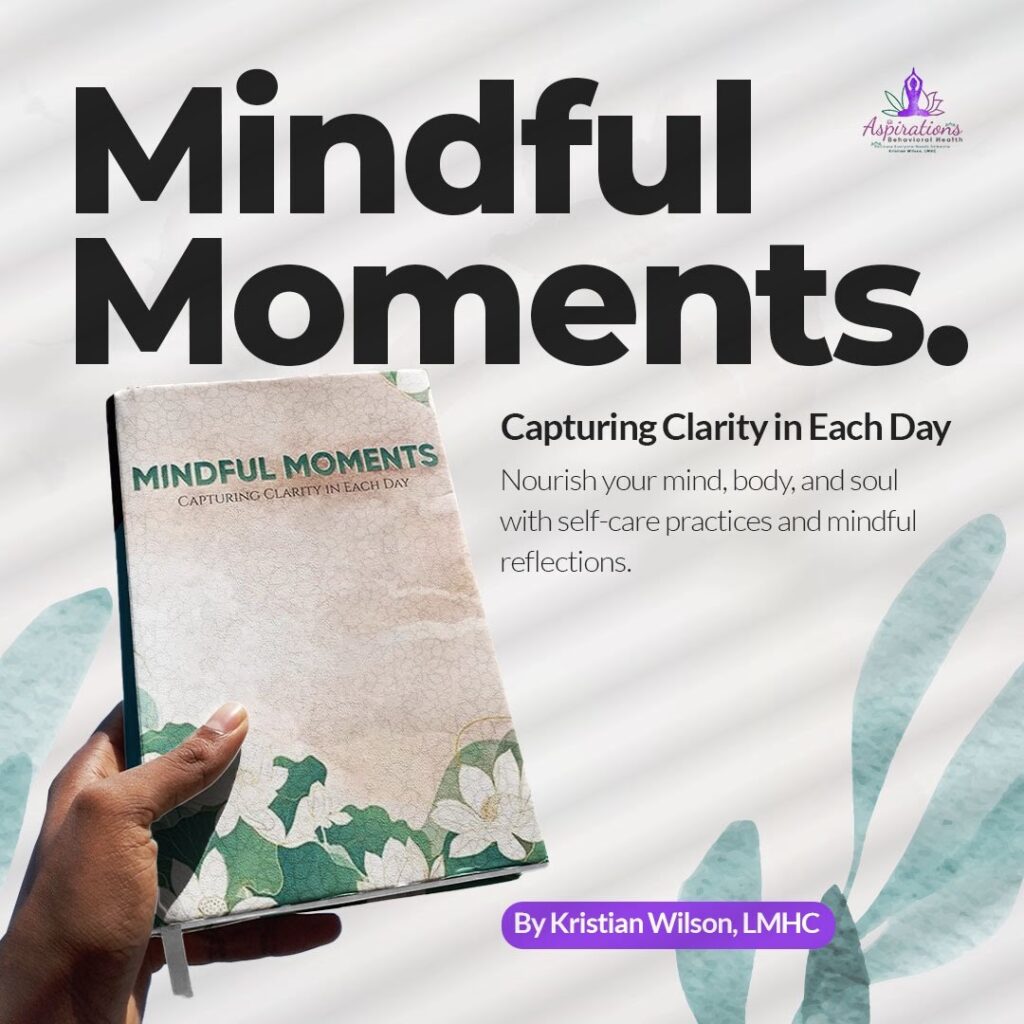Loss and Grieving

Dying suddenly can shock anyone. It’s abrupt and jarring. The aftermath of such a loss, especially when the death is unexpected, leaves a profound impact. Hearts ache. Minds reel. Many experience physical symptoms of grief. Sleeplessness, fatigue, or even a constant pit in the stomach can arise. These symptoms are raw and honest, mirroring our internal pain.
Understanding grief often involves recognizing the grief steps. These steps provide a roadmap. They help navigate the tumultuous journey of loss. However, everyone’s path is unique. Mourning the loss is a personal experience. It’s about feeling, remembering, and healing. With time, the sharp pain dulls, but memories linger. They remind us of moments shared and love felt.
There are recognized grief and loss stages. Denial, anger, bargaining, depression, and acceptance are commonly cited. But it’s essential to remember everyone grieves differently. There’s no one-size-fits-all. Emotions run deep when dealing with death, especially when losing a family member. Such a family loss is profound. It shifts family dynamics and leaves a space.
Beyond the death of a loved one, process loss can also trigger grief. This might relate to losing a job, ending a long-term relationship, or other significant life changes. Such losses, while different from death, also demand acknowledgment and healing. The process of grieving is multifaceted.
It involves tears, reflection, seeking support, and, eventually, acceptance. It’s a journey of understanding pain, embracing memories, and learning to move forward. In conclusion, grief is universal. It’s a testament to love, connection, and the fragility of life. Through understanding and support, healing becomes possible, even amidst the deepest sorrows.



